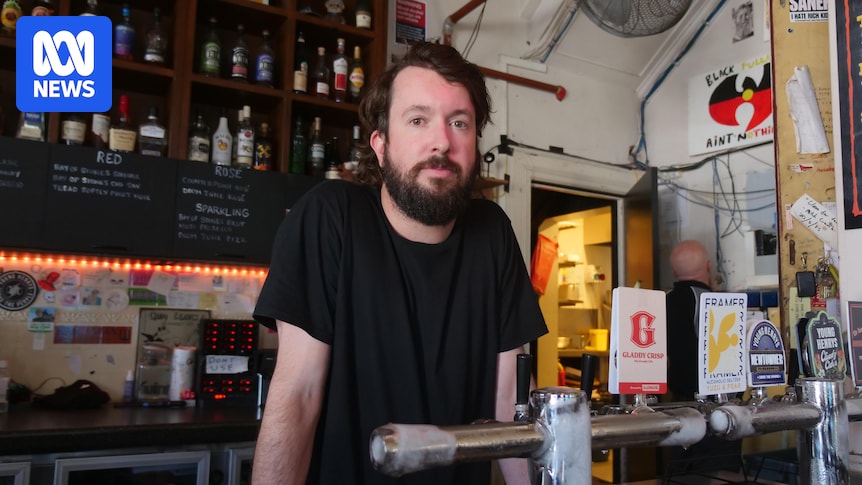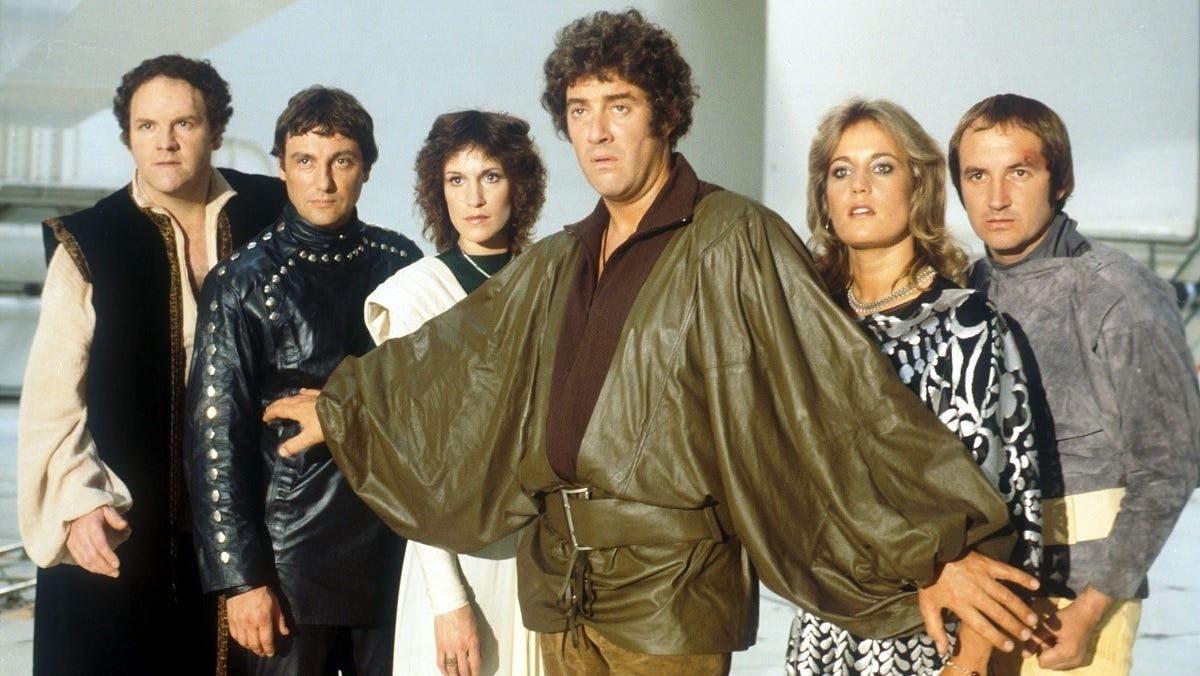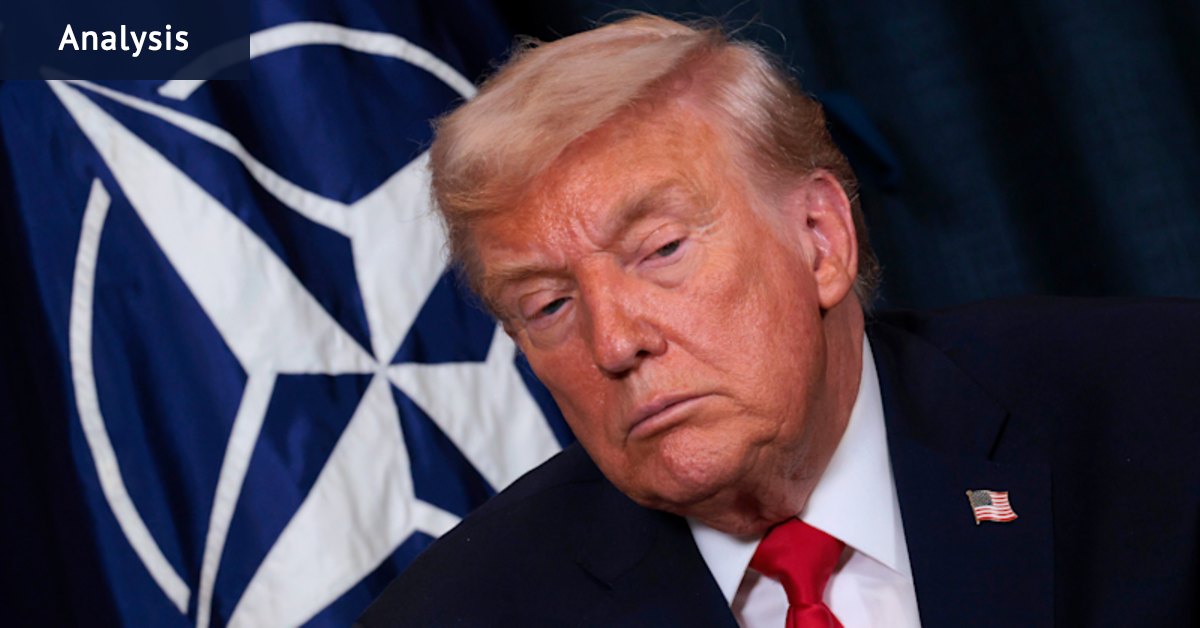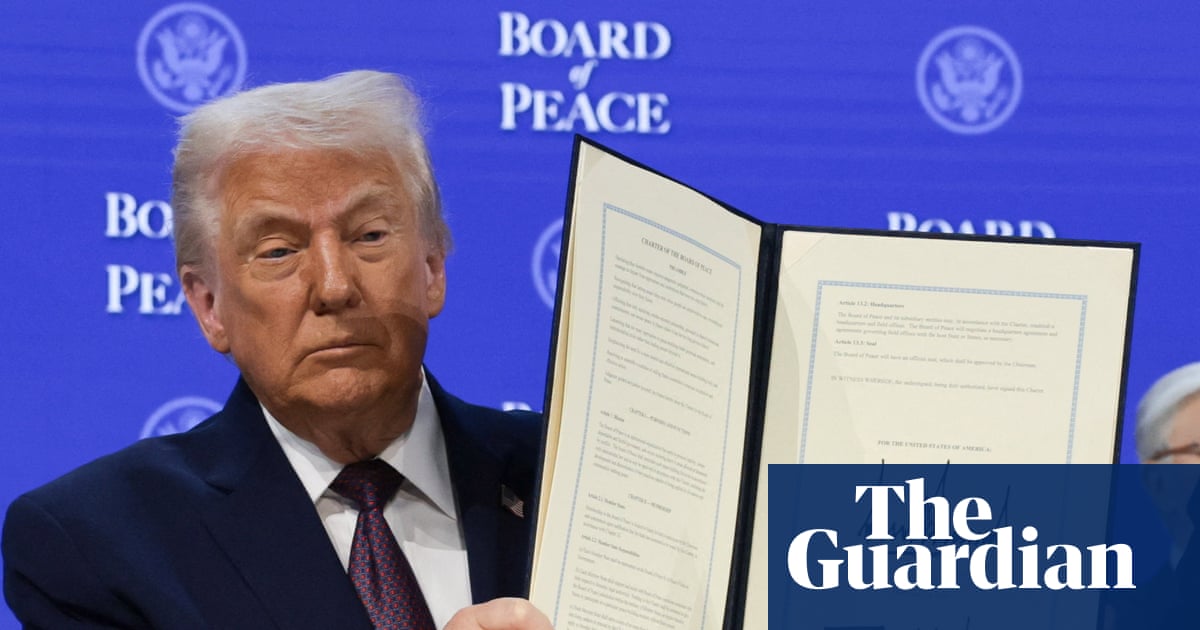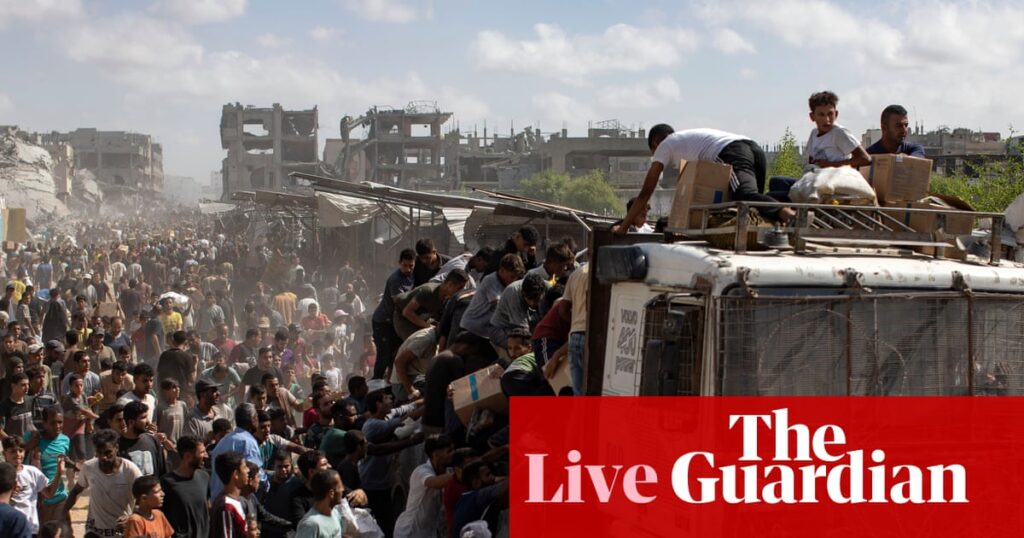
In a significant diplomatic effort, Egypt has confirmed it will host an international summit on Monday aimed at discussing the implementation of a ceasefire in Gaza. This summit, which will see participation from global leaders, comes in the wake of a ceasefire agreement brokered by U.S. President Donald Trump, alongside Qatar, Egypt, and Turkey, to halt the ongoing conflict in the region.
The ceasefire, which took effect recently, has already seen over 500,000 people return to Gaza City, according to Gaza’s civil defense agency. This development marks a pivotal moment in the conflict, which has seen extensive destruction and displacement over the past two years.
International Diplomatic Engagements
French President Emmanuel Macron is set to travel to Egypt to engage in talks with President Trump and other regional leaders. The discussions will focus on the next steps to ensure the ceasefire holds and to secure the release of hostages, as well as restore humanitarian access to Gaza. Macron’s visit underscores France’s commitment to a two-state solution as a foundation for lasting peace in the region.
Meanwhile, Italian Prime Minister Giorgia Meloni and Spanish Prime Minister Pedro Sánchez have confirmed their attendance at the summit, highlighting the international community’s vested interest in stabilizing the region. Representatives from the UK, Germany, France, and Qatar are also expected to be present.
Humanitarian Efforts and Challenges
As the ceasefire holds, aid organizations are ramping up their efforts to deliver much-needed relief to Gaza. The World Food Programme (WFP), Doctors Without Borders, and the Norwegian Refugee Council are among the groups preparing to scale up aid shipments. A UN official has indicated that Israel has given the green light for increased aid delivery starting Sunday.
Unicef has announced plans to significantly increase its aid operations, with over 1,300 trucks ready to deliver essential supplies such as tents, nutrition supplies, and medical equipment.
“The ceasefire must, finally, afford humanitarian actors the opportunity to safely roll out the massive response inside the Gaza Strip that is so desperately needed,”
a Unicef spokesperson stated.
Political and Security Implications
The ceasefire agreement includes the release of approximately 2,000 Palestinian prisoners from Israeli jails in exchange for Israeli hostages held by Hamas. However, the disarmament of Hamas, a key component of President Trump’s plan, remains a contentious issue. A Hamas official has stated that the handover of weapons is “out of the question.”
In a related development, the U.S. Central Command has announced the creation of a civil-military coordination center to support post-conflict stabilization in Gaza. While no U.S. troops will be deployed in Gaza, around 200 U.S. troops have arrived in Israel to assist with the ceasefire monitoring and hostage retrieval efforts.
Local and International Reactions
As the ceasefire takes hold, tens of thousands of Palestinians have returned to their neighborhoods, navigating through streets filled with debris from the prolonged conflict. The destruction is extensive, with many homes and facilities, such as the al-Rantisi hospital in Gaza City, reduced to rubble.
International journalists have called for immediate access to Gaza to report on the ground conditions, urging Israel to open borders for media coverage. The Foreign Press Association has emphasized the need for press freedom in the region now that hostilities have ceased.
The summit in Egypt represents a critical juncture in the ongoing efforts to stabilize Gaza and address the humanitarian crisis. As global leaders convene, the world watches closely, hoping for a sustainable resolution to a conflict that has caused immense suffering and displacement.


